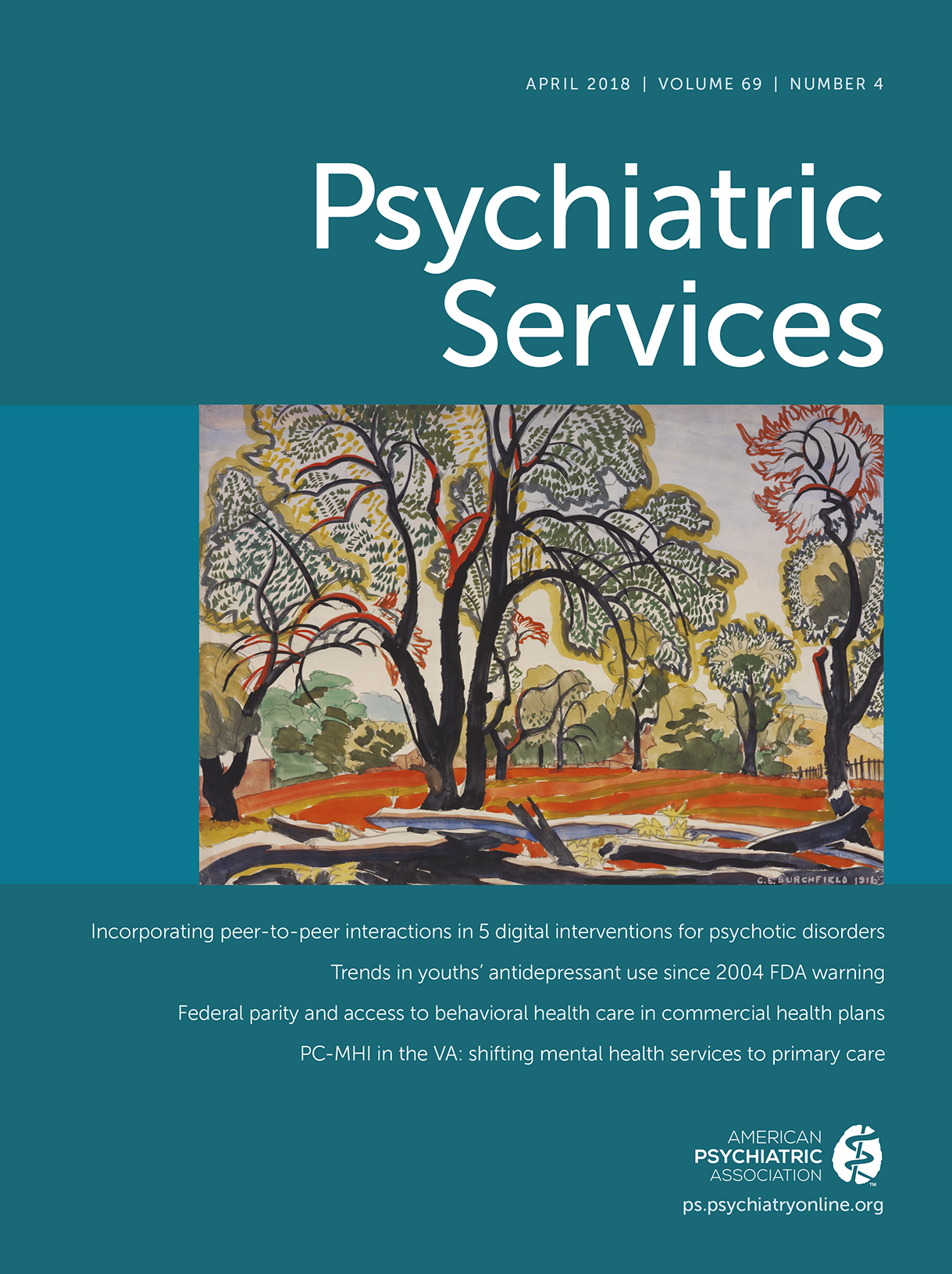Management of Common Medical Conditions by Office-Based Psychiatrists
Abstract
Objective:
This study examined the extent of psychiatrists’ involvement in general medical management activities for their patients.
Methods:
With data from the 2006–2013 U.S. National Ambulatory Medical Survey—an annual cross-sectional survey of visits in a random week to office-based physicians—general medical management activities in 11,046 visits to psychiatrists, 66,267 to general medical physicians (general and family physicians and internists), and 158,933 to other physicians were compared. General medical management activities included recordings of hypertension, hyperlipidemia, diabetes, or obesity; prescriptions of medications for hypertension, hyperlipidemia, or diabetes; blood pressure or weight measurements; ordering glucose, glycohemoglobin (HbA1c), lipids, or cholesterol laboratory tests; and education or counseling for weight, exercise, diet and nutrition, or tobacco use.
Results:
Any of the target general medical management activities were provided in 37.0% of visits to psychiatrists, compared with 98.0% of visits to general medical physicians and 78.4% to other physicians. Differences between psychiatrists and all other physician groups were smaller for health education and counseling. For each general medical management activity, many of the psychiatrists did not engage in the activity in any of their sampled visits. The most consistent predictors of general medical management activities in each psychiatrist visit were the extent of these activities in other visits to the same psychiatrist and having recorded other types of general medical management activities in the same visit.
Conclusions:
Efforts to expand psychiatric practice to general medical management activities require better understanding of barriers to such expansion, better characterization of conditions under which such expansion is feasible, and continuing medication education.




